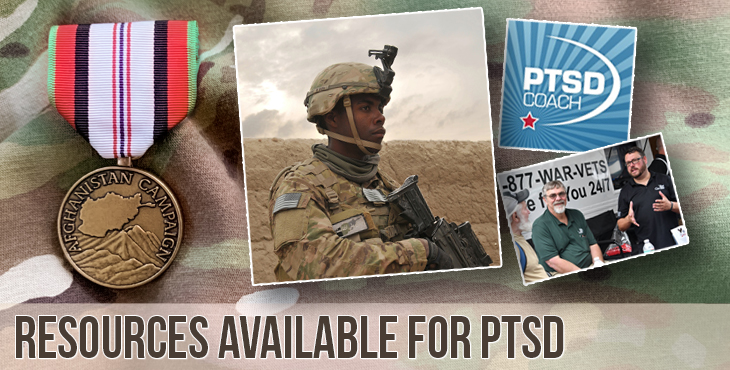
This is the last in a four-part series about Afghanistan Veterans and how they can get help through VA. Read the other parts:
Part 1: Afghanistan: How Veterans can reconcile service
Part 2: Afghanistan: How Veterans can learn from Vietnam Veterans
Part 3: Afghanistan: How spouses, caregivers can support Veterans
The last part of this series focuses on resources available for PTSD. While this series focused on Afghanistan Veterans, options apply to all Veterans.
There are several effective options to treat PTSD. According to Dr. Sonya Norman, director of the National Center for PTSD Consultation Program, there is no one-size-fits-all approach. Choosing a treatment from the options that we know work well should take into account your doctor’s recommendations and your preferences. Knowing the different options allows a Veteran to choose a treatment that is the best fit for them.
Active duty and Veterans should not be ashamed of getting the help they need, said Senior Enlisted Advisor to the Chairman Ramón “CZ” Colón-López. An Afghanistan Veteran himself who battled PTSD, Colón-López said seeking mental health help should be routine.
“We don’t think twice about putting weapon systems in maintenance because we need them,” Colón-López said. “We run quality control checks on everything. But the one decisive advantage we have as a U.S. military is the human weapon system. This is no different, so we need to make sure we take care of everything that we can right now as we draw down in Afghanistan. This is our depot maintenance period.”
PTSD Decision Aid
One of the easiest methods Veterans can use to find options is the PTSD Decision Aid at https://www.ptsd.va.gov/apps/decisionaid/. Veterans can read about the treatments that work or watch videos explaining how they work. Veterans can build a chart to compare treatments and get a personalized summary.
PTSD Program Locator
VA medical centers use a recovery-based model to treat PTSD, Norman said.
Veterans with PTSD can get treatment at nearly 200 specialized programs throughout the country. Veterans can get PTSD treatment at any VA medical center and at some large Community Based Outpatient Clinics. This locator is at https://www.va.gov/directory/guide/PTSD.asp.
Each PTSD program offers education, evaluation and treatment. Program services include:
- One-to-one mental health assessment
- Medications
- Groups for Veterans of specific conflicts or who experienced specific traumas; groups targeting specific concerns, like anger or stress management
Vet Centers
Vet Centers are community-based counseling centers. They provide a wide range of social and psychological services, including professional readjustment counseling. Eligible Veterans, service members – including National Guard and Reserve components – and their families can use the services.
Vet Center staff offers readjustment counseling to make a successful transition from military to civilian life or after a traumatic event experienced in the military. Staff offer individual, group, marriage and family counseling in addition to referral and connection to other VA or community benefits and services.
Call the Vet Center Call Center confidentially 24 hours a day, seven days a week at 877-927-8387. Vet Center locations are at https://www.va.gov/find-locations/?facilityType=vet_center.
About Face
In these videos, Veterans, family members and clinicians share their experiences with PTSD and PTSD treatment. Watch the videos at https://www.ptsd.va.gov/apps/aboutface/.
Mobile apps
Veterans can use a variety of apps available through VA for help with PTSD.
PTSD Coach
The PTSD Coach app can help Veterans learn about and manage symptoms that often occur after trauma. The app, available at https://www.ptsd.va.gov/appvid/mobile/ptsdcoach_app.asp, has features that include:
- Reliable information on PTSD and treatments that work
- Tools for screening and tracking symptoms
- Convenient, easy-to-use tools to help handle stress symptoms
- Direct links to support and help
- Available 24/7
Self-help apps include:
Mindfulness Coach, helping to practice mindfulness meditation, is at https://www.ptsd.va.gov/appvid/mobile/mindfulcoach_app.asp.
AIMS for Anger Management is at https://www.ptsd.va.gov/appvid/mobile/aims_app.asp.
PTSD Family Coach is at https://mobile.va.gov/app/ptsd-family-coach.
VetChange helps users with PTSD build skills to reduce problem drinking. It’s at https://www.ptsd.va.gov/appvid/mobile/VetChange_app.asp.
#VetResources
There’s a host of other resources available at https://news.va.gov/category/vets-experience/vetresources/.
#VetResources is a weekly newsletter of VA and non-VA resources sent every Wednesday night to Veterans, their families, caregivers and survivors. #VetResources focuses on tangible resources that VA’s customers can use immediately or for keeping aware of important updates. Email sign up is at https://www.va.gov/vetresources/.
Topics in this story
More Stories
Bridge My Return launched a software re-build to its hiring platform with an improved AI-driven, skills-matching algorithm and military skills translator.
The Project Flaunt Hub is an online platform of videos, interactive programs and activities. It is designed to empower children, their families and/or caregivers to accept themselves and in doing so, embrace others.
Power of motorsports and road course endurance racing to provide adrenaline therapy and create positive change in the lives of veterans and first responders.

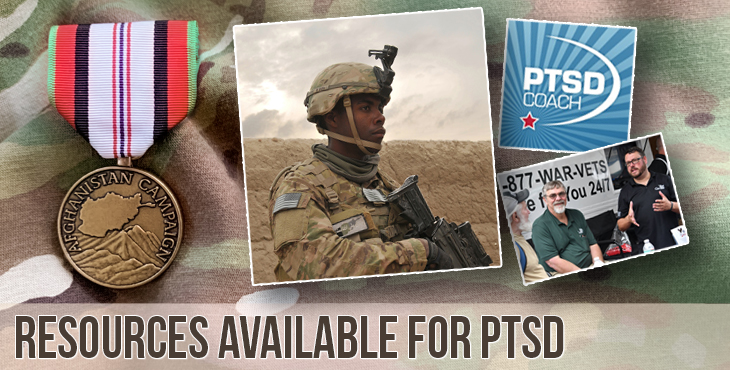
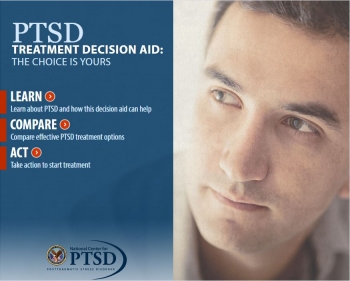
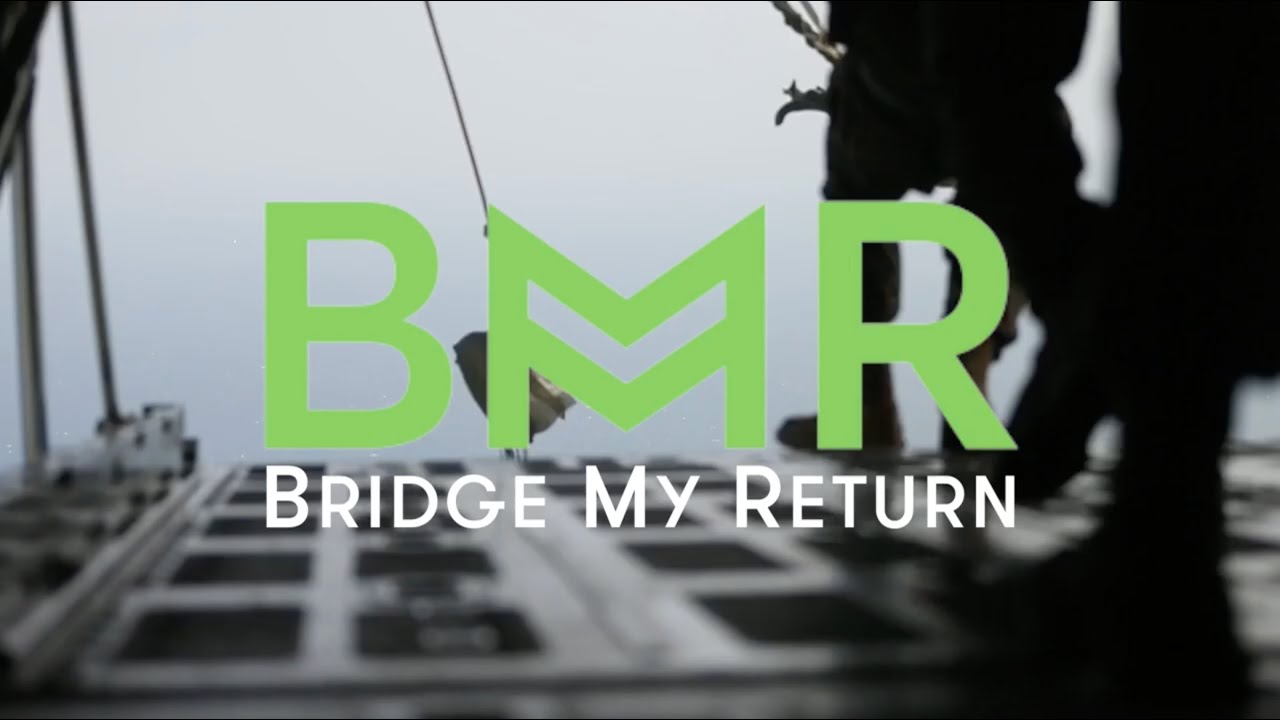
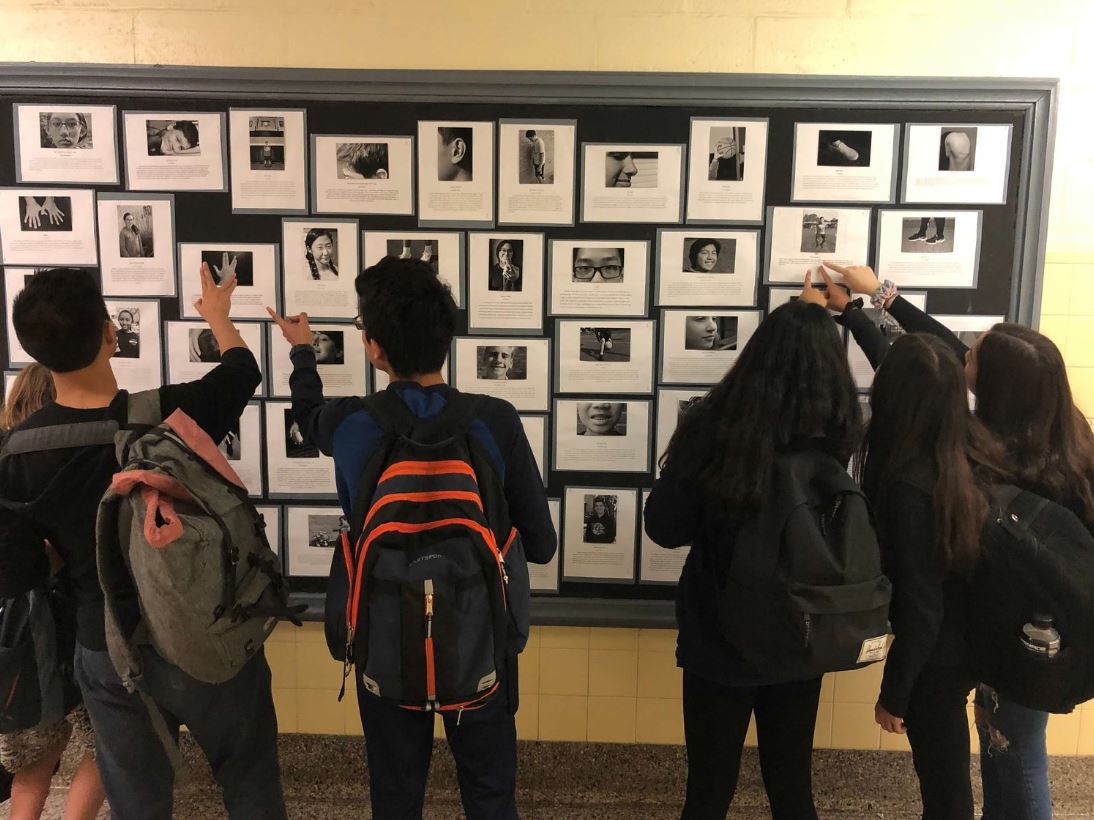
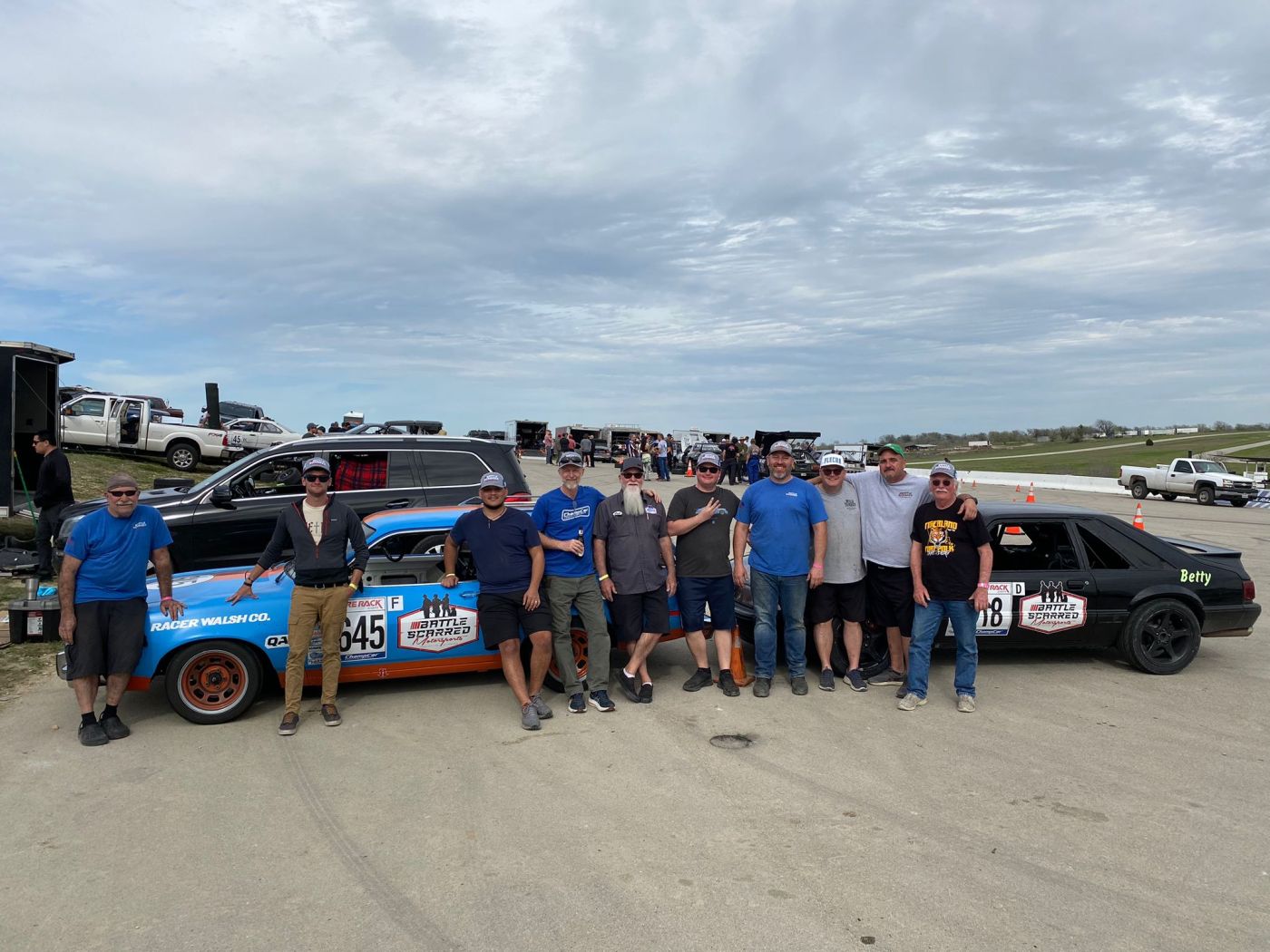


Yeah, I tried getting counseling before the Afghanistan fiasco began, and the incompetent behavioral health staff “forgot” sending my name to the counselor for my “virtual” appointment. I called and was told “oops!” The counselor called and spent 15 minutes explaining why it wasn’t her fault.
The current situation has rewoken so much anger and feelings of betrayal, it’s best I keep my feelings to myself!
I hope is this things get over soon
I am waiting for the dision letter for my aid and assistance claim that isv5 years old please sent it to me
Afghan Vets should feel betrayed, not ashamed. Same for Vietnam Vets and actually all Vets should feel betrayed. Politicians and Bowe Burgdahl should be ashamed.
Stop saying vets feel ashamed. If they were honorably discharged they did their job and what their country asked of them.
Put the blame where it belongs and it is certainly not on Vets.
Don’t be ashamed.. yet while you’re in we will take steps to kick you out for being open about this s***, we will keep you from doing your job, take your ability to carry a weapon away. Yeah no thanks. It uti can’t keep a military job and talk about the feelings you have and the s*** you go through they you can’t be open about this s***. Why should it change now. Smh it’s not quite that easy to overcome